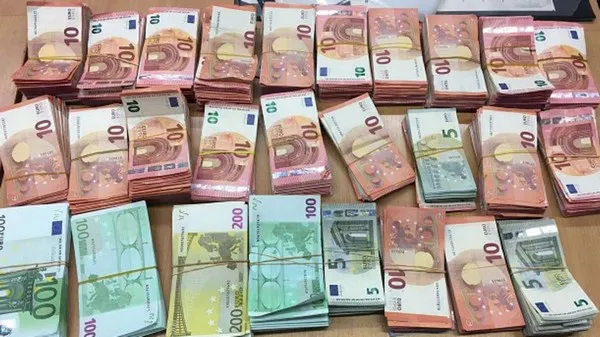The EUR/JPY cross extended losses during early European trading hours on Friday, falling towards 169.20. EUR/JPY moved lower following weaker-than-expected data on German industrial production for April. In addition, verbal intervention by Japanese authorities early on Friday continued to support the Japanese yen (JPY) and temporarily weighed on EUR/JPY.
German industrial production remained in contraction in April, the German Federal Statistical Office Destatis reported on Friday. German industrial output fell 0.1% on a monthly basis in April, compared with a 0.4% decline in March, below expectations for a 0.3% increase. The euro (EUR) attracted some sellers and turned bearish for the crosses following the decline in German industrial production.
On Thursday, the European Central Bank (ECB) decided to cut interest rates by 25 basis points (bps) at its June meeting, which was widely expected by the market. In their updated macroeconomic forecasts, ECB policymakers raised their forecast for an average annual headline inflation rate in 2024 to 2.5% from 2.3% previously. Investors are awaiting the release of Eurozone first quarter gross domestic product (GDP) on Friday for fresh impetus. First quarter GDP is expected to rise 0.3% month-on-month and 0.4% year-on-year, unchanged from the previous reading.
On the yen front, many analysts believe the Bank of Japan (BoJ) will decide to cut government bond purchases at a government meeting next week. A Bloomberg survey showed that about 70% of analysts believe the chances of such a move have risen due to the recent weakness of the yen. On Thursday, Bank of Japan Governor Kazuo Ueda said inflation expectations are gradually rising but have not yet reached 2%, adding that they are “still carefully studying market developments since the March decision.” Meanwhile, BoJ board member Toyoaki Nakamura said it is appropriate to keep current policy unchanged for now.


